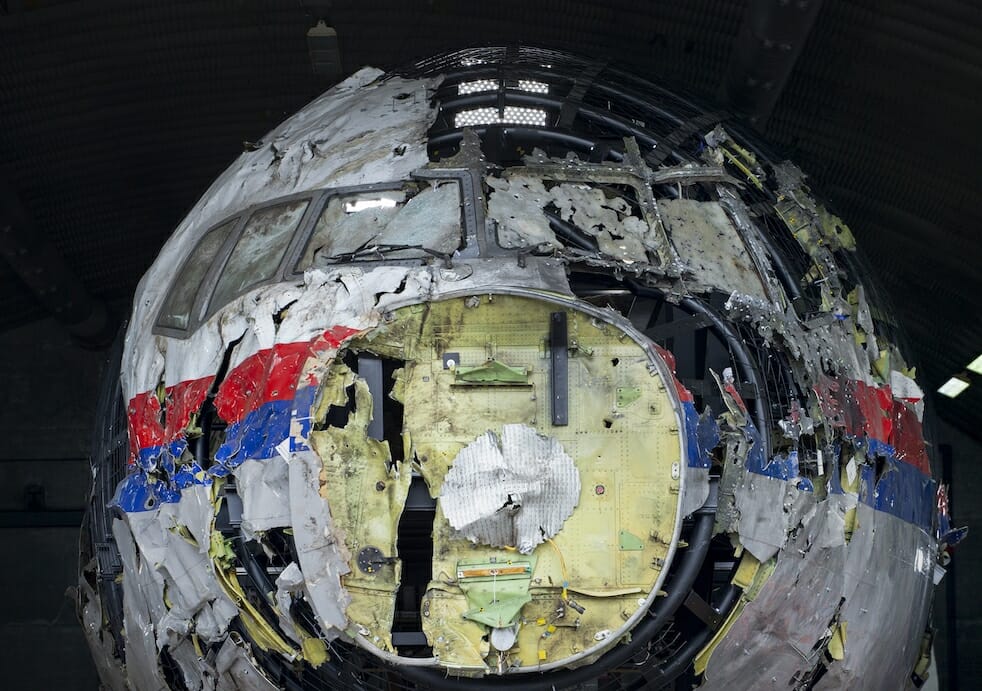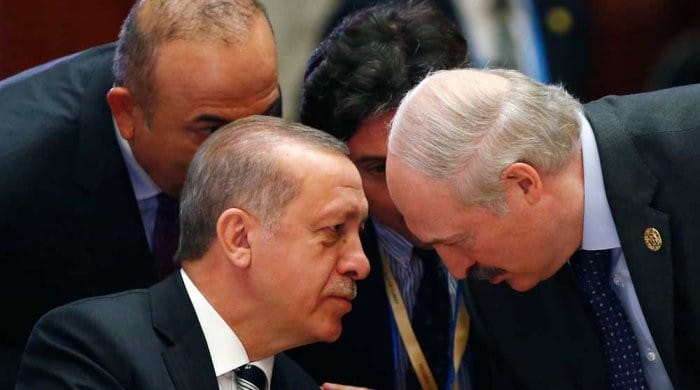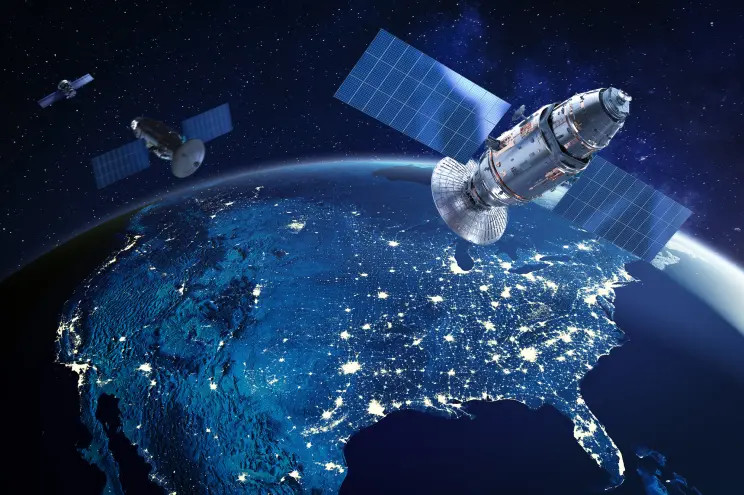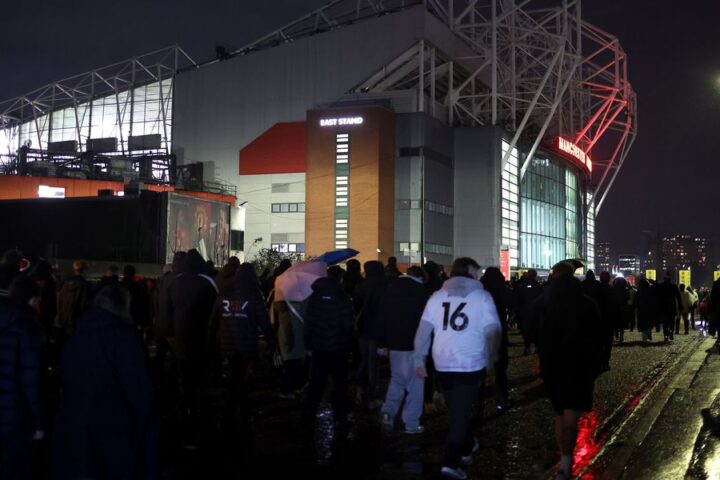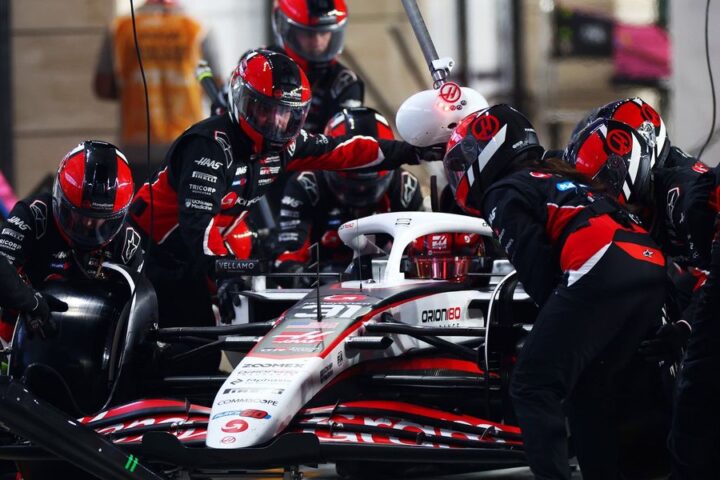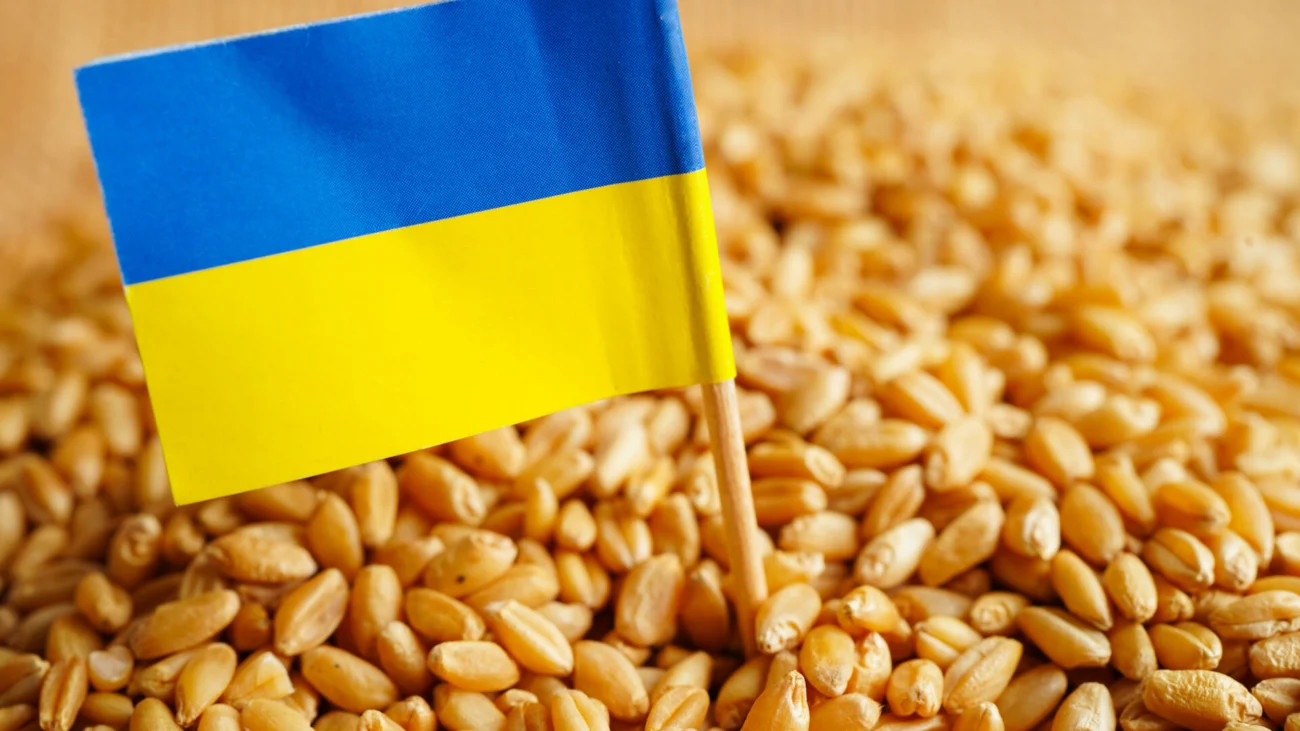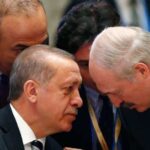The European Court of Human Rights (ECHR) has ruled that Russia is legally responsible for the downing of Malaysia Airlines Flight MH17 over eastern Ukraine in July 2014, marking a historic moment of accountability in one of the deadliest aviation tragedies of the 21st century.
The ruling, delivered in Strasbourg on Tuesday, also confirmed Russia’s culpability for widespread human rights violations committed in Ukraine before and after its full-scale invasion in February 2022. The court’s decision came in response to four interconnected interstate complaints filed by Ukraine and the Netherlands. The case was joined by 26 countries and one international organisation as third parties — an unprecedented level of international engagement in the ECHR’s history.
MH17 ruled a direct result of Russian military involvement
The court found that MH17, which was shot down on 17 July 2014, killing all 298 people on board — most of them Dutch nationals — was brought down by a Russian Buk surface-to-air missile system. The judges unanimously concluded that Russia bears responsibility for making this attack possible, directly violating Articles 2 and 3 of the European Convention on Human Rights, which safeguard the right to life and prohibit inhuman treatment.
In a pointed observation, the court highlighted the “nature and scale of the hostilities” and “sinister statements” made by Russia regarding Ukraine’s statehood, sovereignty and right to exist. It said this rhetoric posed “a threat to peaceful coexistence in Europe,” and noted that similar language is often used by Russia against Poland, Moldova and the Baltic states.
A broader case of systemic violations
The MH17 ruling was part of a wider judgment in a joint case that examined years of Russian violations. These included:
- arbitrary killings of civilians and prisoners of war,
- torture and inhuman treatment,
- systematic erasure of Ukrainian identity in occupied territories,
- forced deportation of children and adults deeper into occupied areas or into Russia itself.
The ECHR also found that Russia was responsible for the unlawful abduction and transfer of Ukrainian children beginning in 2014, and for grave human rights abuses following the February 2022 invasion.
The court asserted its full jurisdiction over all events up to 16 September 2022 — the date Russia ceased to be a member of the Council of Europe. That determination allows the ECHR to assess violations over the entire period of Russia’s hybrid and then conventional war in Ukraine.
Call for action and future accountability
The judgment includes explicit demands: Russia must immediately release all civilians unlawfully detained in occupied Ukrainian territories and cooperate in establishing an independent international mechanism to identify deported children and reunite them with their families or legal guardians.
Dutch Defence Minister Ruben Brekelmans welcomed the ruling as “an important step toward justice,” particularly for the families of the MH17 victims. He said the decision affirms years of evidence presented by international investigators and underlines Russia’s accountability under international law.
Moscow dismissed the judgment as “null and void,” stating it would not comply. However, the verdict sets a powerful legal and political precedent. It strengthens the foundation for the recently established Special Tribunal for the Crime of Aggression against Ukraine — the first Council of Europe mechanism aimed at prosecuting individual Russian officials for the war.
A verdict years in the making
The ruling comes 11 years after the start of Russia’s covert military intervention in Donbas — a conflict that many European states and institutions initially treated with caution or ambivalence. The delay in collective response, many now argue, enabled Moscow to escalate its actions into a full-scale invasion in 2022.
At the time of the MH17 disaster, some European politicians and media outlets had echoed narratives about “civil conflict” in Ukraine or alleged discrimination against Russian-speaking populations. In light of the court’s findings, such rhetoric now appears either to have been the product of Kremlin influence operations — or of what critics term “useful idiocy” in support of Moscow’s strategic aims.
The ECHR’s ruling delivers a long-awaited legal reckoning — not only for the MH17 victims and Ukraine, but also for European security as a whole. It signals that systematic abuses, when left unpunished, do not fade into history — they intensify.
